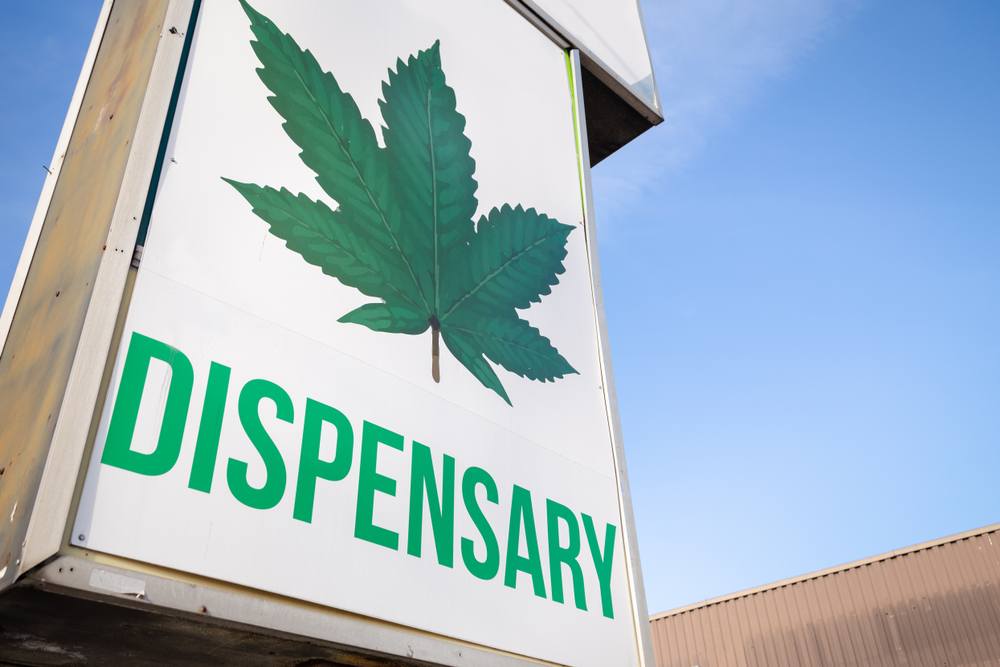
Some people use marijuana as a recreational pastime. Others use it for medicinal purposes. Either way, many wonder if it's possible to become addicted to marijuana.
The answer is yes; it is possible to become addicted to marijuana just like any other drug or alcohol. According to studies, some people who use marijuana may develop marijuana use disorder meaning they have difficulty controlling their marijuana use.
Marijuana is a Schedule I drug and has a high potential for abuse. According to studies, marijuana is the most abused drug in the US. Both recreational and medical marijuana can cause dependence issues.
Marijuana or cannabis use disorder is having difficulty controlling your marijuana use. When you have marijuana use disorder, You may feel an intense desire to continue using despite adverse consequences, and you may experience withdrawal symptoms when trying to quit. The severity of marijuana use disorder is classified as mild, moderate, or severe.

Cannabis use disorder can happen when someone uses marijuana frequently or in large amounts. It can also be caused by physical, psychological, environmental, and genetic factors. The drug contains tetrahydrocannabinol, or THC, a psychoactive ingredient that trigger's the brain's endocannabinoid receptors. Over time, you become less sensitive to the chemicals in marijuana and need more of it to feel the same effects.
The signs and symptoms of marijuana dependence can be physical or psychological.
Physical symptoms of marijuana use disorder include:
Psychological symptoms of marijuana use disorder include:

In recent years, many states have legalized the use of marijuana for medicinal and recreational purposes. This has led to marijuana becoming more accessible and accepted in today's society. As a result, there has been an increasing number of individuals using marijuana and a greater number of individuals becoming addicted to it.
The legalization efforts have also increased the availability and variety of marijuana products, such as edibles, waxes, and oils. Some of these products have higher concentrations of THC than the traditional plant-based form of marijuana and can lead to more severe and longer-lasting effects on the user.
And as marijuana use becomes more common, more people are exposed to its risks. It's essential for individuals, especially those in vulnerable populations, to be aware of the potential risks associated with using marijuana and the potential for addiction.
It's also essential for people to know that help is available if they are struggling with dependence and addiction. Seeking treatment from a qualified professional can help individuals overcome their addiction and reclaim control of their lives.
Though marijuana is often considered a harmless drug, many dangers are associated with long-term use.

Fortunately, there is a range of treatment options available for people who are struggling with marijuana addiction.
At the moment, the FDA has not approved any medications specifically for the treatment of marijuana addiction. However, research is ongoing, and there are some promising results from trials with existing medications (like sleep and anti-epileptic drugs) that may be effective in treating marijuana use disorder.
Finally, professional rehab and support groups can be an essential part of recovery for people with marijuana addiction. These will provide peer-based support, public health care resources, mental health treatment, and life skills training that can help people rebuild their lives.
No matter what approach is taken, the most crucial step in overcoming marijuana addiction is a commitment to making positive changes in one's life. With the proper support and dedication, it's possible to break free from addiction and start living a healthier, more fulfilling life.


